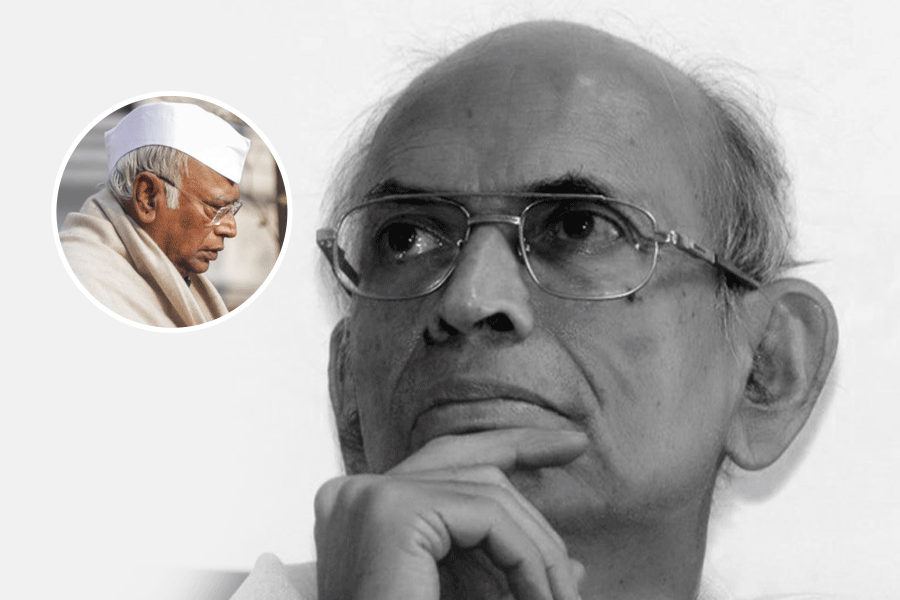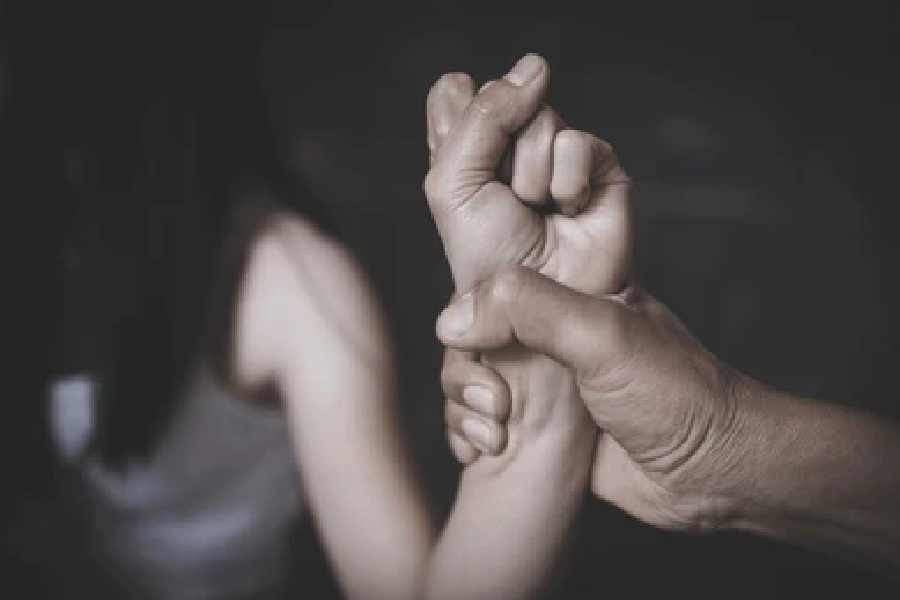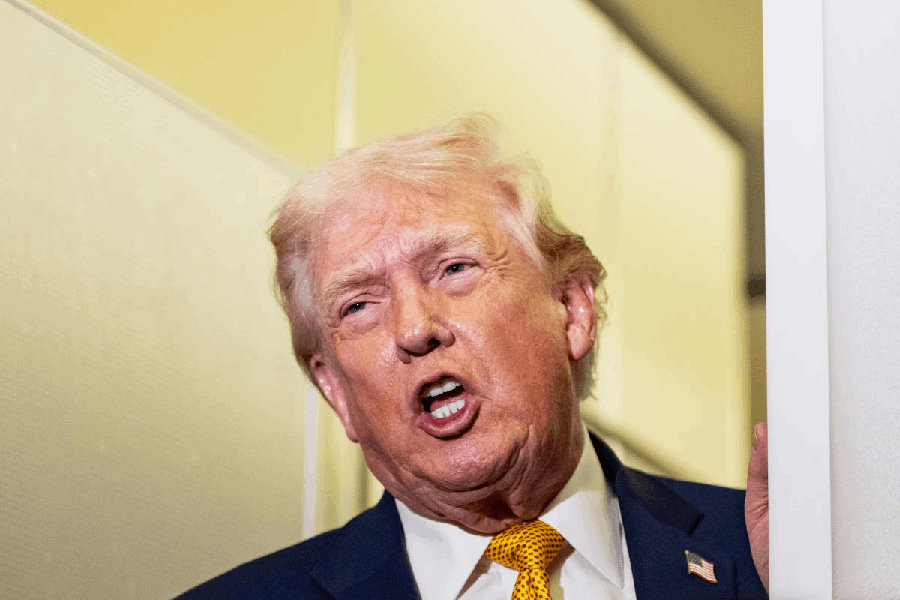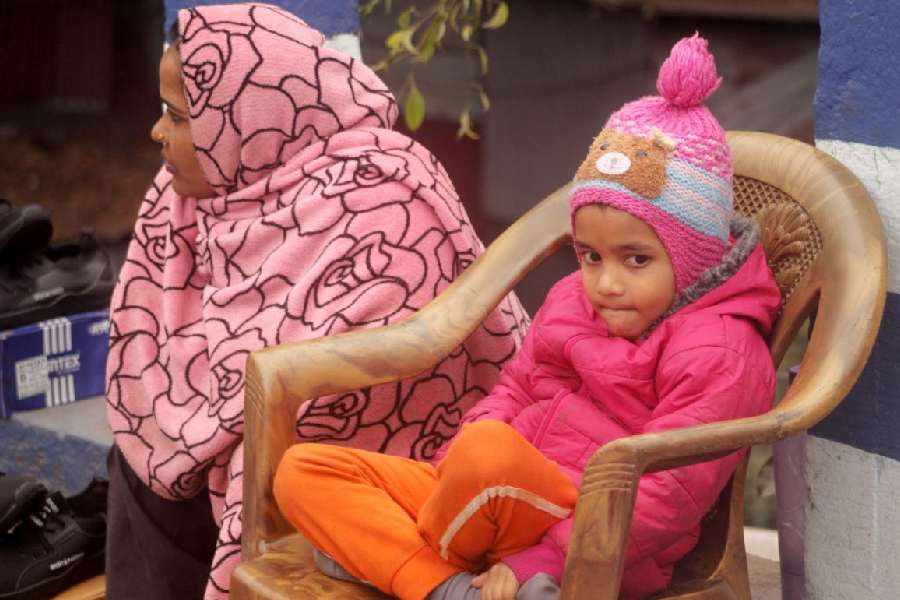 |
Bhopal, July 12: A Congress MLA has handed the BJP the unkindest cut of all, forcing it to defeat a pro-cow proposal in a topsy-turvy vote in the Madhya Pradesh Assembly.
Arif Aqueel, the lone Muslim member in a House of 230, watched in glee as his private member’s bill seeking government burial or cremation for all dead cows left the Shivraj Singh Chouhan government squirming yesterday.
No one in the Congress would admit it but Aqueel was clearly baiting the state government’s vaunted commitment to cow protection.
He solemnly declared himself disappointed that the BJP, despite its reverence for the “Gau Mata” (Mother Cow), was neglecting the matter of her last rites.
“The cow is treated as a mother but left unattended after its natural death,” the Bhopal North MLA said.
“When the cow becomes unproductive, it’s made to die artificially. A mother should always remain a mother.”
Apart from seeking cows’ last rites at government expense — a daunting prospect considering the state has over 60 lakh cows — the bill sought a ban on the sale of cow bones and fat.
Animal husbandry minister Kusum Mehdule and several of her ministry colleagues requested Aqueel to withdraw his bill but he refused and kept taunting the BJP.
“You always take pride in representing matters of faith; you should be happy that the Opposition brought such a resolution,’’ he said.
The bill had to be put to vote in the poorly attended Friday afternoon session, usually reserved by Parliament and the state Assemblies for members moving their private bills.
It lost by 55 votes to 31, the break-up suggesting the Congress members voted in favour and their BJP counterparts chose to defeat the bill.
Protection of the cow has been a key BJP plank in the state. The Chouhan government has enforced a law that punishes cow slaughter with a seven-year term and shifts the burden of proof to the accused. Complaints of cattle owners being harassed and raided are aplenty.
In the House, leader of the Opposition Satyadev Katare rubbed it in: “Today, when a pertinent issue has been raised, the BJP is pleading with us not to press ahead with it.”
Mehdule offered to set up a panel of religious leaders to look into Aqueel’s proposal. “It’s a religious matter and should be left to saints to decide,” she said. “Maybe a committee of saints should be formed to discuss the issue once the motion is withdrawn. What if the House passes the resolution but society refuses to abide by it?’’
But Aqueel insisted the government first adopt his proposal and then set up the religious panel.
The MLA would not seriously have expected the bill to be passed. In theory, if a government finds a private bill worthy enough, it can convert it into an official bill and get it enacted. But not a single private member’s bill has been passed in Parliament since 1970.
Of the 300-odd private members’ bills introduced in the 14th Lok Sabha, barely 4 per cent were even discussed.
The last private member’s bill that became law was the Enlargement of the Appellate (Criminal) Jurisdiction of the Supreme Court Bill, 1968, moved by the Independent MP from Lucknow, Anand Narain Mulla.
The supporters of a nationwide ban on cow slaughter include some Congress stalwarts too, such as party general secretary Digvijaya Singh. “I, being a Hindu, support a ban on cow slaughter,” he said in Panaji recently.
He said the Congress had officially resolved to have cow slaughter banned in the 1930s, and that such a ban existed under Mughal rule, too.
Recently, a Rashtriya Swayamsevak Sangh meeting at Mohankeda in Madhya Pradesh, presided over by its chief Mohanrao Bhagwat, asked the Narendra Modi government to consider banning cow slaughter across the country.
Aqueel’s demand for a ban on any trade in cow bones and fat may strike a chord with animal rights activist and Union minister Maneka Gandhi.
According to her, most of the companies selling bone carvings, bone jewellery, bone buttons, bone chess pieces and the like get them made from cow bones. She claims that most exporters of bone carvings get intermittent supplies from the slaughterhouses.










